Navigating social interactions in a new country can feel like learning a whole new language. In the UK, politeness, subtle cues, and a respect for personal boundaries are paramount. Here’s what you need to know to confidently greet people and navigate common social situations.
Part 1: Common British Greetings – What to Say (and What Not to Say!)
The way you greet someone in the UK depends heavily on the context and your relationship with them.
Formal Greetings (For strangers, professional settings, or elders):
- “Hello, how are you?” – A safe and universally accepted greeting. The response is usually a brief “I’m fine, thank you, and you?” or “Not bad, thanks.” Don’t launch into a lengthy explanation of your day!
- “Good morning/afternoon/evening.” – Polite and appropriate for most formal or semi-formal situations. Often used with a “Sir” or “Madam” if you don’t know their name, especially in customer service.
- “Pleased to meet you.” / “It’s nice to meet you.” – Standard when meeting someone for the first time.
- “How do you do?” – While it sounds like a question, it’s actually a formal greeting, particularly among older generations or in very formal settings. The correct response is often to simply repeat “How do you do?” back.
Informal Greetings (For friends, family, and casual acquaintances):
- “Hi” / “Hey” – Very common and casual.
- “Alright?” / “You alright?” / “Alright, mate?” – This is incredibly common, especially in the North of England, but used widely. It functions as both “hello” and “how are you?” You don’t need a detailed answer; a simple “Yeah, alright, thanks” or “Yeah, good, you?” is perfect.
- “How’s it going?” / “How are you doing?” – Another informal way to ask “how are you?” Again, keep the response brief and positive.
- “Morning!” / “Afternoon!” / “Evening!” – Shortened, more casual versions of the formal greetings.
- “Cheers!” – Increasingly used to mean “thank you” (and also for toasts when drinking). You’ll hear it constantly!
Non-Verbal Greetings: The Handshake (and the Hug)
- Handshake: The most common form of physical greeting when meeting someone for the first time, or in professional settings.
- Style: Firm but not crushing, usually just a couple of shakes.
- Eye Contact: Maintain direct eye contact during the handshake.
- When: When being introduced to someone, in business meetings, or after a successful negotiation.
- Hug: Generally reserved for close friends and family, or after a long absence.
- Style: Often a quick, polite hug, sometimes accompanied by a single cheek kiss (though this is less widespread than in some European cultures and often depends on the individuals).
- The Golden Rule: When in doubt, don’t hug! Wait for the other person to initiate or stick to a handshake. It’s always safer to be a little more reserved initially.
- Nod/Smile: For fleeting encounters (e.g., passing someone on the street, making eye contact in a shop), a polite nod or a small smile is often enough.
Part 2: Key British Social Norms – The Unwritten Rules
Beyond greetings, understanding broader social etiquette will help you feel more at ease.
-
Politeness is Paramount:
- “Please” and “Thank You”: These are absolutely essential. Use them constantly, for everything from ordering a coffee to asking a question. Failing to use them can be perceived as rude.
- “Sorry”: Brits apologize for almost everything – even if it’s not their fault! If you accidentally bump into someone, or even just step into someone’s space to pass, a quick “Sorry!” is standard. It’s a way of acknowledging someone and diffusing potential awkwardness.
- “Excuse me”: Used to get someone’s attention, or to politely pass by someone.
-
The Sacred Art of Queuing:
- This is not a suggestion; it’s a way of life! Whether it’s for a bus, at the supermarket, or in a bank, find the end of the queue and wait your turn patiently.
- Cutting in line is one of the quickest ways to earn disapproving looks or a quiet, but pointed, “Excuse me, the queue starts back there.”
-
Respect for Personal Space:
- Brits generally prefer more personal space than some other cultures. Keep an “arm’s length” distance during conversations.
- Avoid excessive touching (e.g., patting backs, prolonged hand-holding) unless you know the person very well.
-
The Weather – Your Ultimate Conversation Starter:
- Seriously. If you need to make small talk, comment on the weather. It’s a national obsession and a universally safe topic. “Bit chilly today, isn’t it?” or “Lovely sunshine!”
- Other safe small talk topics include current events (non-controversial), sports (especially football), or local happenings.
- Avoid: Personal questions about salary, age, relationships, or overly strong opinions on politics or religion, especially with new acquaintances.
-
Punctuality:
- For formal appointments (doctors, business meetings), aim to be on time or even 5-10 minutes early. Lateness is considered rude.
- For social gatherings (parties, informal drinks), arriving 5-15 minutes late is often acceptable, but if you’re going to be significantly late, it’s polite to let the host know.
-
“Mind the Gap!” (And other Public Transport Rules):
- Beyond queueing, observe unspoken rules like standing on the right on escalators (to allow people to walk on the left).
- Keep your voice down on public transport, and avoid loud phone calls or music.
-
Humour – A Social Lubricant:
- As explored, British humour often involves sarcasm, irony, and understatement. Don’t take everything literally! Learning to recognize dry wit is a valuable skill.
- Self-deprecation is common – Brits often make fun of themselves.
-
Gift Giving (When Invited to Someone’s Home):
- If you’re invited to someone’s home for dinner, it’s customary to bring a small gift for the host – a bottle of wine, chocolates, or flowers are all good choices.
Embracing the British Way
Adapting to British greetings and social norms is an ongoing process, and no one expects perfection overnight. The key is to be observant, polite, and open to learning. Don’t be afraid to make mistakes; most Brits will appreciate your effort to understand their customs. With a little practice, you’ll soon be navigating social interactions with confidence and feeling truly at home in the UK.

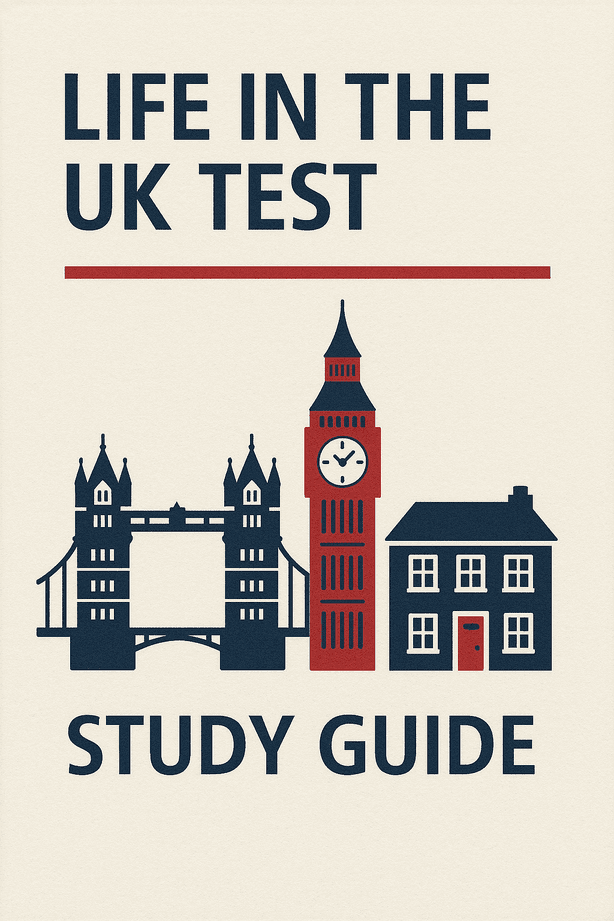
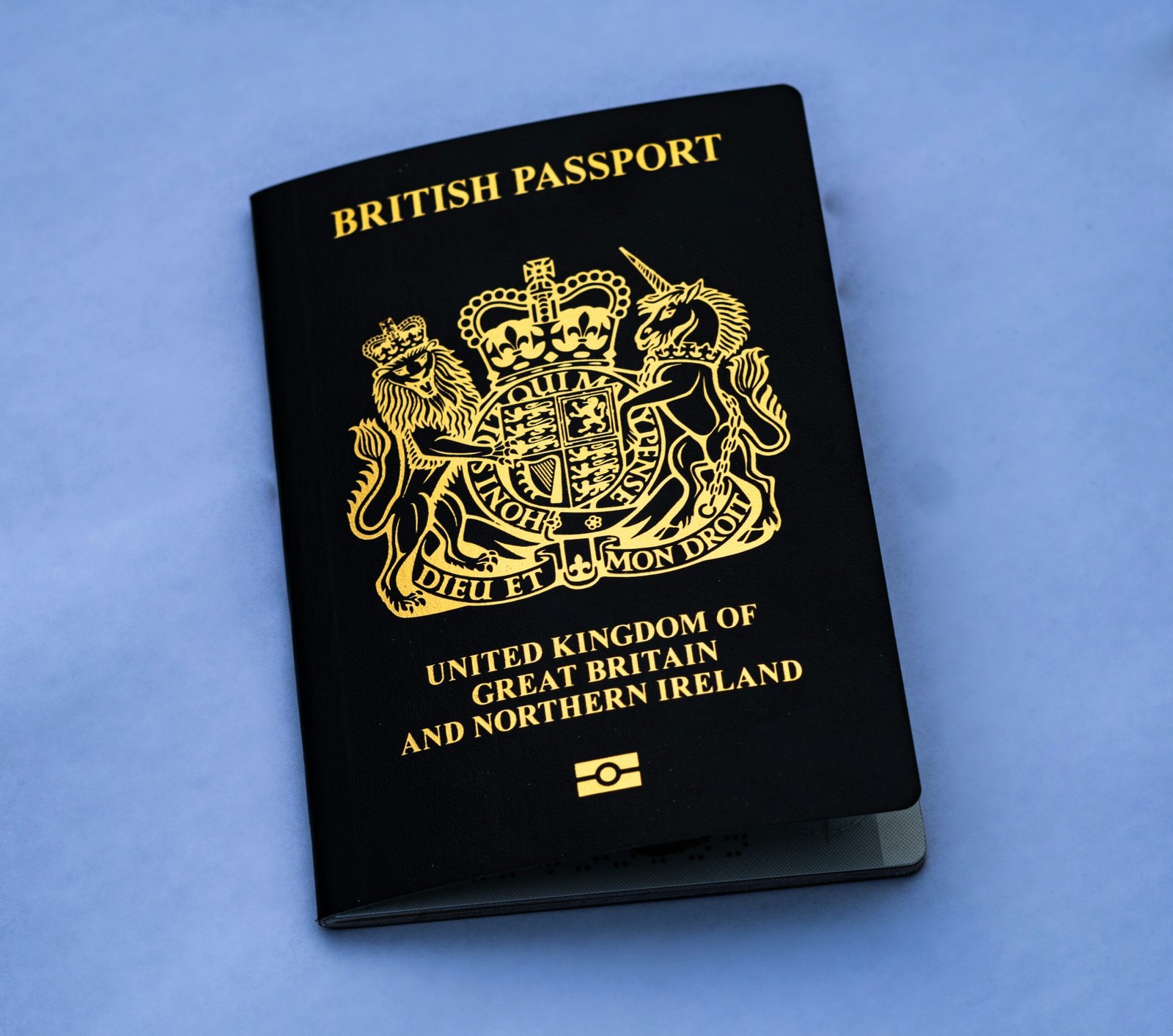
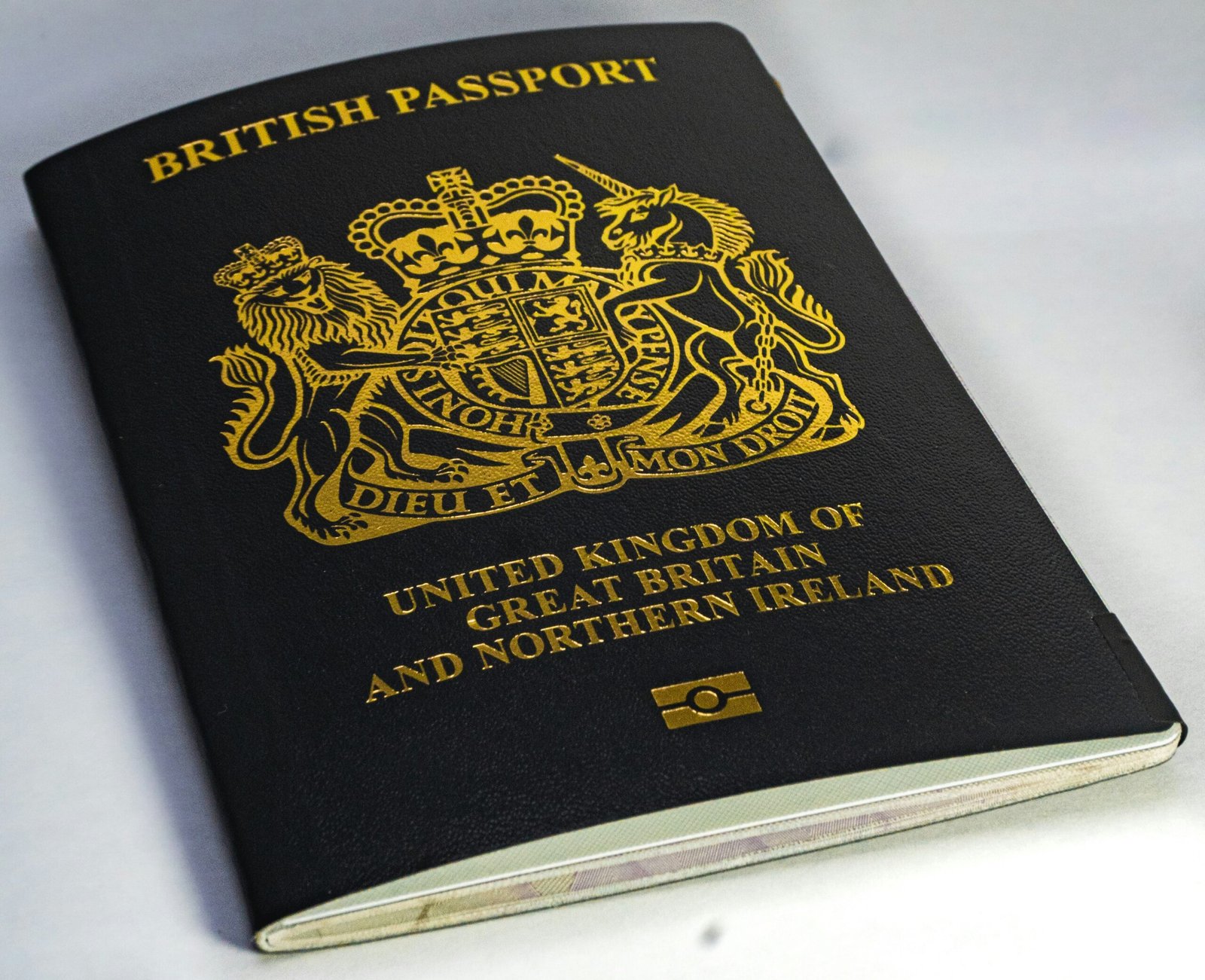




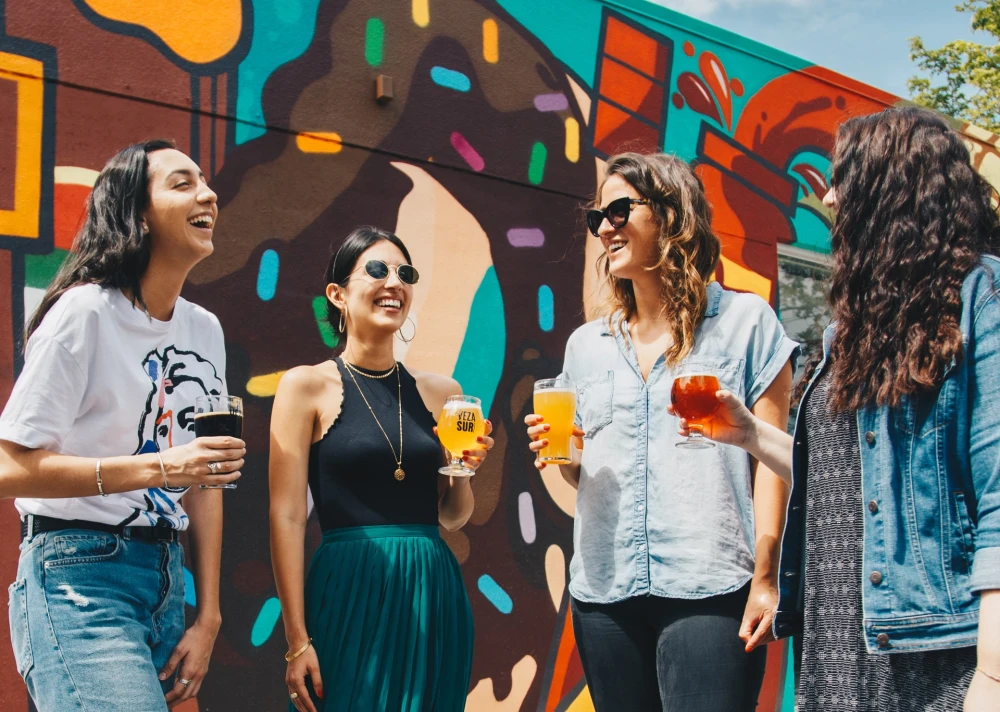
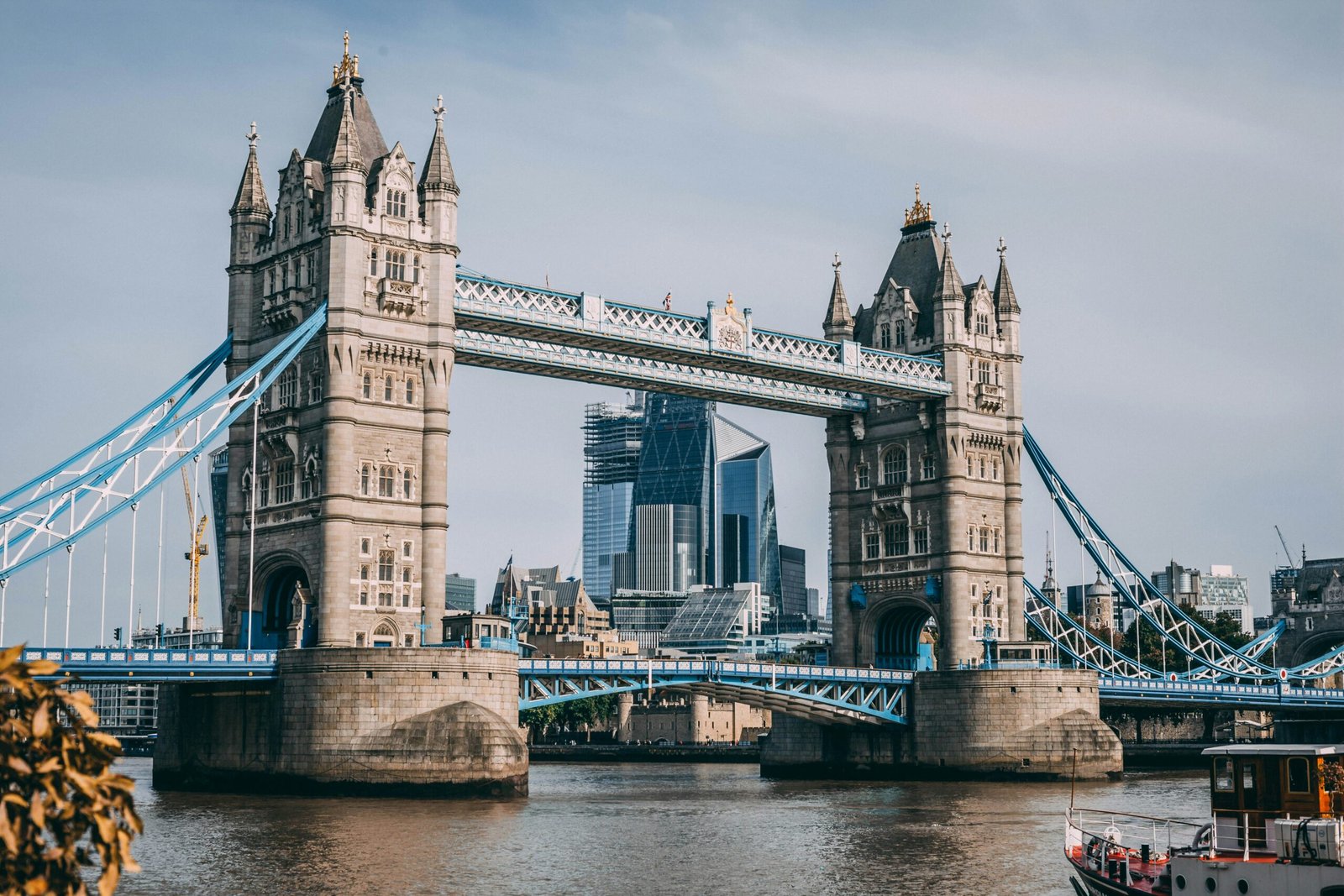
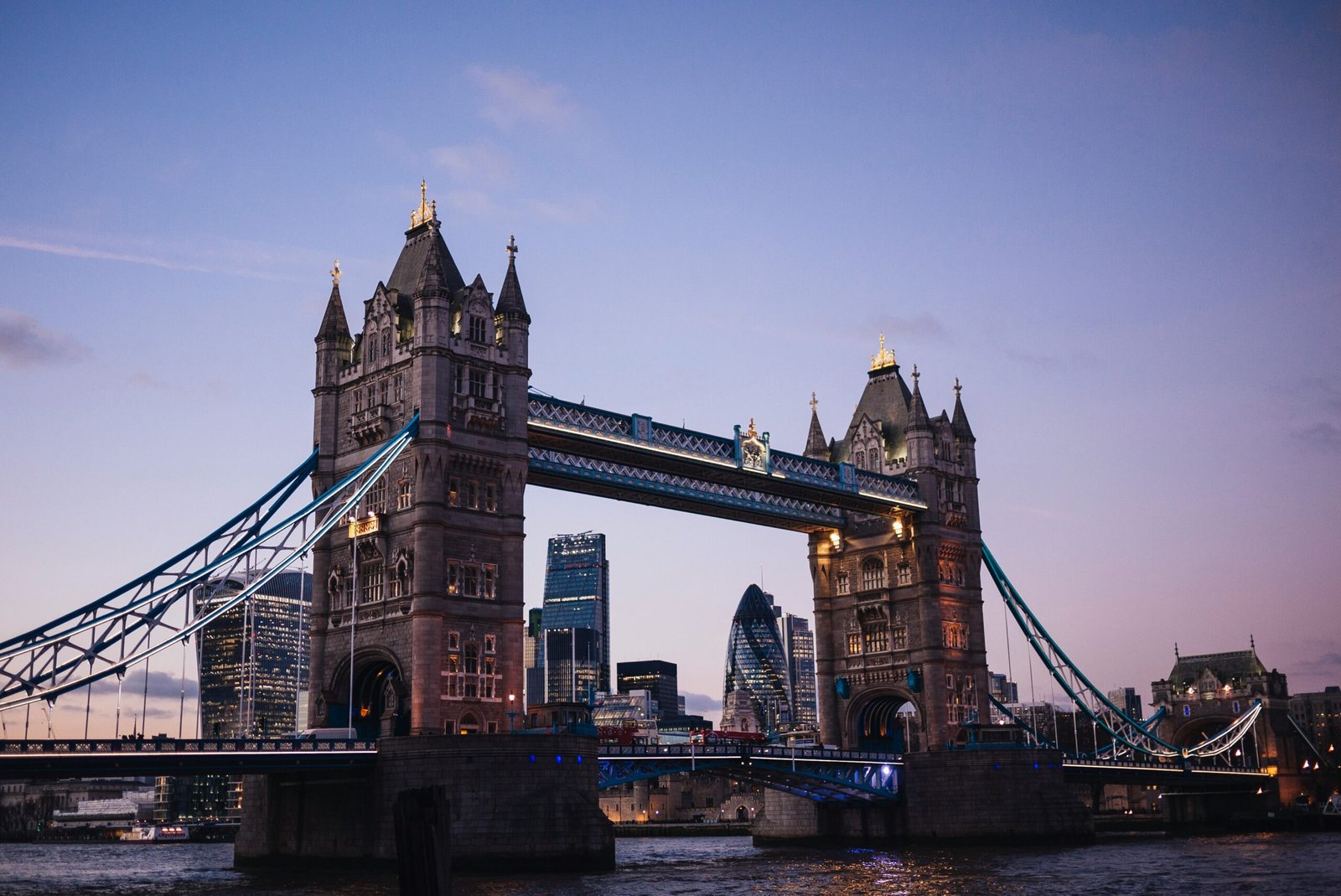
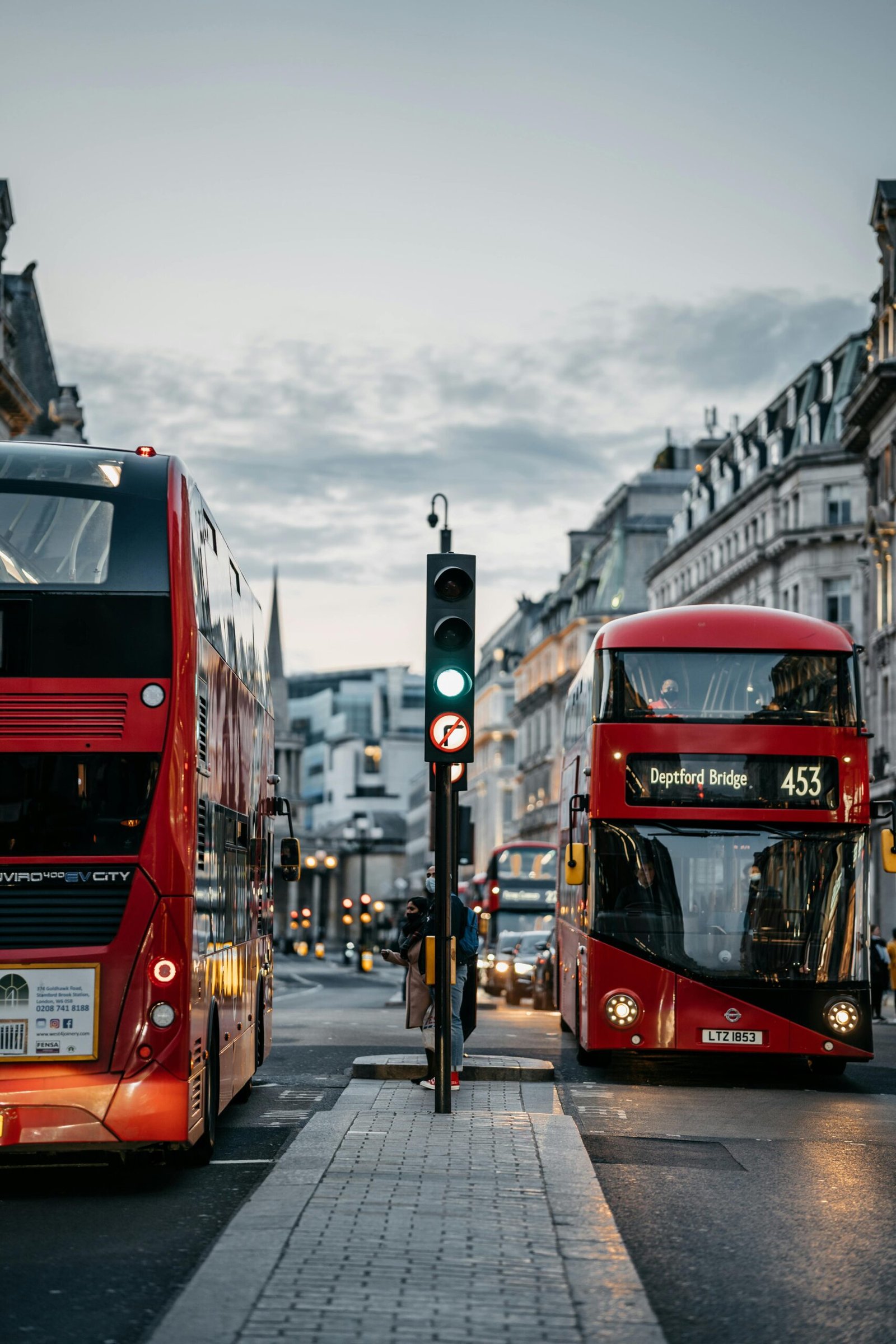
Leave a comment